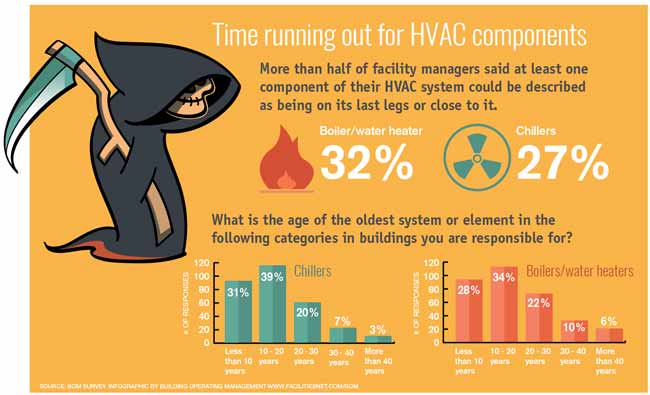The Future Of Home Heating - How Heatpump Innovation Is Advancing
The Future Of Home Heating - How Heatpump Innovation Is Advancing
Blog Article
Authored By-Skaaning Dominguez
Heat pumps will be a critical innovation for decarbonising home heating. In a situation regular with federal governments' introduced energy and environment dedications, their worldwide ability increases by 2030, while their share in home heating rises to one-quarter.
They work best in well-insulated homes and rely upon power, which can be supplied from an eco-friendly power grid. Technical breakthroughs are making them more effective, smarter and cheaper.
Fuel Cells
Heatpump utilize a compressor, refrigerant, coils and followers to relocate the air and warmth in homes and devices. They can be powered by solar energy or electricity from the grid. They have actually been obtaining appeal due to their low cost, peaceful procedure and the capability to generate power during peak power need.
home air conditioning , like IdaTech and BG MicroGen, are working on gas cells for home heating. These microgenerators can replace a gas boiler and produce a few of a house's electrical requirements with a link to the electrical power grid for the rest.
Yet there are https://hvac-installer-hours98643.ourcodeblog.com/29454941/unmasking-typical-myths-and-misconceptions-regarding-warm-pumps to be unconvinced of using hydrogen for home heating, Rosenow says. It would certainly be expensive and inefficient compared to various other innovations, and it would include in carbon emissions.
Smart and Connected Technologies
Smart home innovation enables property owners to attach and regulate their devices from another location with using mobile phone applications. As an example, smart thermostats can discover your home heating choices and immediately adjust to enhance power usage. Smart lighting systems can be controlled with voice commands and automatically switch off lights when you leave the space, minimizing power waste. And ducted heat pump running costs can keep track of and handle your electric usage, permitting you to identify and limit energy-hungry devices.
The tech-savvy family depicted in Carina's meeting is an excellent illustration of exactly how residents reconfigure space heating methods in the light of brand-new smart home modern technologies. They rely upon the devices' automatic features to accomplish everyday adjustments and concern them as a convenient ways of performing their heating techniques. Because of this, they see no reason to adjust their techniques better in order to enable versatility in their home energy need, and interventions aiming at doing so might encounter resistance from these families.
Electrical power
Considering that warming homes represent 13% of US exhausts, a switch to cleaner alternatives might make a huge difference. However the technology encounters obstacles: It's pricey and requires substantial home improvements. And it's not constantly suitable with renewable resource sources, such as solar and wind.
Till just recently, electric heat pumps were as well expensive to compete with gas designs in many markets. However new technologies in layout and products are making them extra inexpensive. And better chilly environment performance is enabling them to operate well also in subzero temperatures.
The next step in decarbonising home heating might be using heat networks, which attract heat from a main source, such as a nearby river or sea inlet, and disperse it to a network of homes or buildings. That would minimize carbon discharges and allow households to benefit from renewable energy, such as eco-friendly electrical power from a grid provided by renewables. This option would be less costly than switching to hydrogen, a nonrenewable fuel source that requires new facilities and would just lower carbon dioxide discharges by 5 percent if paired with boosted home insulation.
Renewable Energy
As electricity prices go down, we're beginning to see the same trend in home heating that has driven electric cars into the mainstream-- yet at an also quicker speed. The strong environment case for impressive homes has actually been pressed even more by brand-new research.
Renewables make up a significant share of modern-day warm intake, yet have actually been given restricted policy attention globally compared to other end-use markets-- and even less interest than electrical power has. Partly, this reflects a mix of consumer inertia, split motivations and, in several nations, subsidies for fossil fuels.
New modern technologies can make the change easier. For instance, heat pumps can be made a lot more energy efficient by changing old R-22 cooling agents with new ones that do not have the high GWPs of their precursors. Some specialists also visualize district systems that attract heat from a neighboring river or sea inlet, like a Norwegian fjord. The warm water can after that be utilized for cooling and heating in an area.